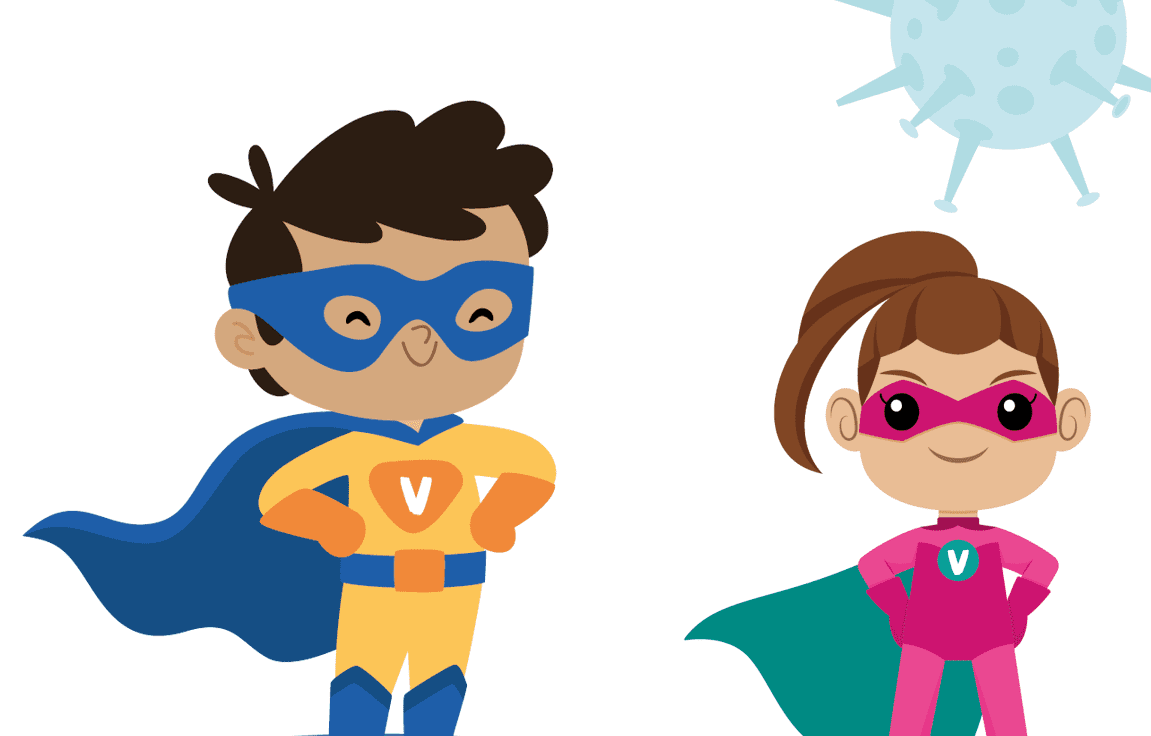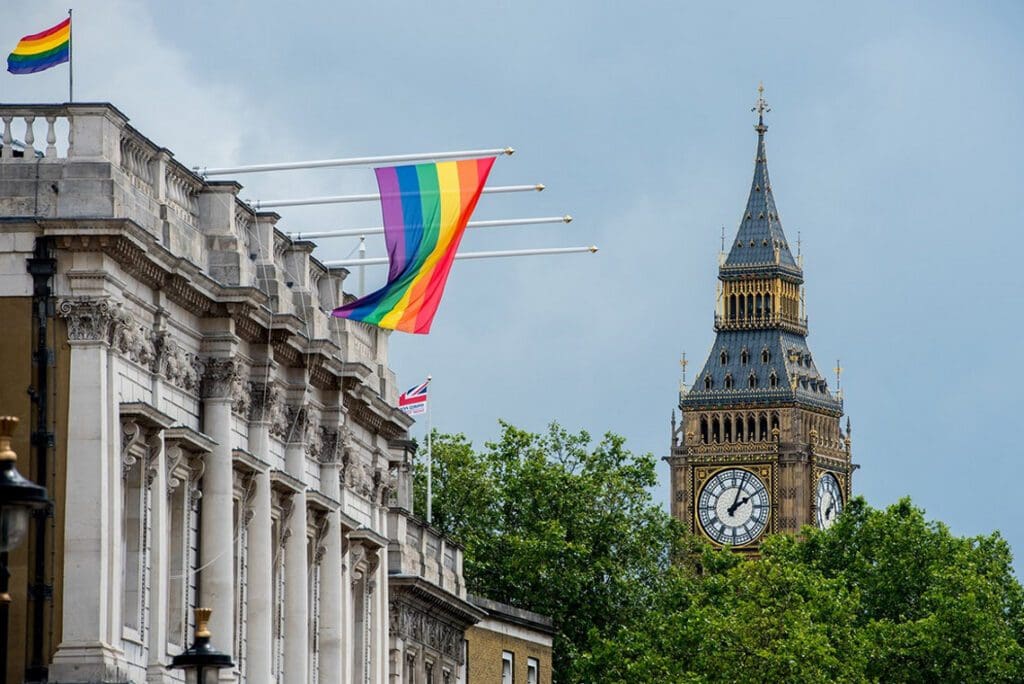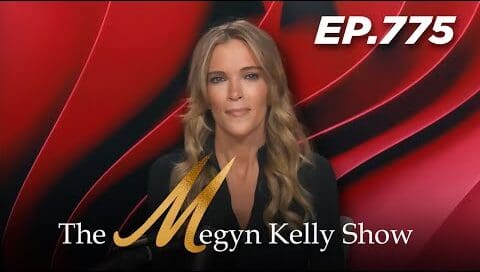

“Calling All Superhero Kids”: The Unethical Targeting of Young Children by the NHS with COVID-19 Vaccine Adverts
Worries about the impact on children’s health from the side-effects of the novel, gene-based COVID-19 vaccines have escalated with the recent unanimous vote by the U.S. FDA vaccine committee to recommend that the FDA grant an Emergency Use Authorisation (EUA) for Pfizer vaccines in babies and children aged six months to four years. The committee has also recommended the extension of the use of Moderna vaccines to children aged six to 14 years, a jab suspended in Norway for those under 31 years due to serious safety concerns around heart inflammation (myocarditis). If the FDA accepts the recommendation, the rollout could begin in these babies as early as Tuesday August 21st. From the experience of the last 18 months, these regulatory decisions are highly likely to be repeated here in the U.K. in the not-too-distant future.
Closer to home, we have been made aware of a disturbing NHS COVID-19 vaccine advertising campaign that appears to be aimed directly at children aged five to 11 years.


This targeting of young children seriously compromises the fundamental principles of medical ethics and undermines the process of full and informed consent. The adverts, which have been sent to parents of children in a number of primary schools, are promoting COVID-19 vaccine pop-up clinics for primary school-age children. The poster is designed in the style of a children’s party invitation, with cartoon superhero branding, large writing and bright, eye-catching colours. Disturbingly, the invitation is addressed directly to children: “Calling All Superhero Kids.”
For the NHS to be directly targeting young children under 12 to encourage them to take a novel medical treatment and in such a superficial and coercive way is completely unethical and abhorrent. To comply with the laws and ethical codes for informed consent, all medical decisions require a full disclosure of risks, benefits and alternatives to treatment, and an individualised risk-benefit analysis, in a sober discussion between a qualified healthcare professional and the patient, or parent/guardian of a child under 16 (the legal age of consent). ‘Gillick Competence’, where an individual child is deemed intellectually and emotionally mature enough to make a medical decision for him- or herself, is occasionally used for children under 16, although almost never for those under 13, and can only be ascertained after full psychological assessment by a trained professional.
In addition to the laws and professional codes of practice around informed consent, these adverts appear to breach well established Advertising Standards Agency (ASA) rules relating to advertising to children. ASA Advertising Codes contain strict rules to protect children (under 16 year-olds) from potentially misleading, harmful or offensive material. This is because children are less likely than adults to be able to understand or process commercial messages in advertisements and are more susceptible to being subtly manipulated. In general, the younger the child, the more susceptible he or she is. In addition, the Government’s own guidance around advertising medicines states: “You must not… direct your advertising at children (under-16s).”
Potential Breaches of ASA Rules 5.1 and 5.2
5.1 Marketing communications addressed to, targeted directly at or featuring children must contain nothing that is likely to result in physical, mental or moral harm.
In the poster, the use of cartoon action figures, the graphics and the typeface/language chosen are clearly aimed directly at children and not their parents.
The advert is for a medical intervention, yet it does not include any mention of potential risks associated with the COVID-19 injection, which may lead to an inappropriate and harmful medical intervention being accepted without fully informed consent. Although there is a link on the poster to an NHS page for parents of five to 11 year-olds, with more details about COVID-19 vaccine risks and benefits, this is unlikely to be accessed or understood by young children and will not be easily accessible if the poster has been printed out.
5.2 Marketing communications addressed to, targeted directly at or featuring children must not exploit their credulity, loyalty, vulnerability or lack of experience.
The headline “Calling All Superheroes”, with cartoon images of children dressed as superheroes, implies that children who don’t get the vaccine are not superheroes. This messaging is highly coercive and manipulative, exploiting children’s credulity, as they may not have the life-experience and maturity to understand this as a marketing technique and not to be taken literally.
5.2.1 Children must not be made to feel inferior or unpopular for not buying the advertised product.
5.2.2 Children must not be made to feel that they are lacking in courage, duty or loyalty if they do not buy or do not encourage others to buy a product.
The use of cartoon action figures and the reference to “Superheroes” is divisive and may lead to children who don’t get the vaccine feeling inferior or unpopular and to believe that they are lacking in courage, duty and loyalty. It may create peer group pressure on an individual child to accept a medical intervention and may lead to stigmatisation and bullying of unvaccinated children by vaccinated children.
5.2.3 It must be made easy for children to judge the size, characteristics and performance of advertised products and to distinguish between real-life situations and fantasy.
A COVID-19 vaccination is a medical intervention which comes with real and acknowledged risks that are not disclosed on the poster. The characterisation of people who have a COVID-19 vaccine as “Superheroes” undermines the process of making an informed choice to accept a medical treatment by encouraging a child to believe he or she is taking part in superhero game. Younger children may even believe they will become a superhero by having a COVID-19 vaccine because they cannot yet fully distinguish between real-life situations and fantasy.
The way in which the COVID-19 vaccine rollout has been conducted in the U.K. and around the world has been shocking in its failure to adhere to normal ethical practices and by the widespread use of glib marketing, coercion and even bribes. The fact that these unethical psychological and marketing techniques are now being extended in an attempt to influence and persuade our youngest children to take this vaccine shows how far we have strayed as a society from responsible and sober medical practice and from the Hippocratic Oath to “First do no Harm”. It is particularly disappointing to see this kind of material endorsed by the NHS. As a society, we have a duty of care to protect the youngest and most vulnerable in our society from predatory marketing campaigns whatever the product, but particularly for medical treatments and interventions with acknowledged risks.
Dr. Elizabeth Evans is Director of the U.K. Medical Freedom Alliance.
Stop Press: The CDC panel has now voted unanimously to start the rollout of Covid jabs to babies and children six months to four years following the FDA vaccine panel recommendation last week and the rollout is expected to start this week across the U.S.






